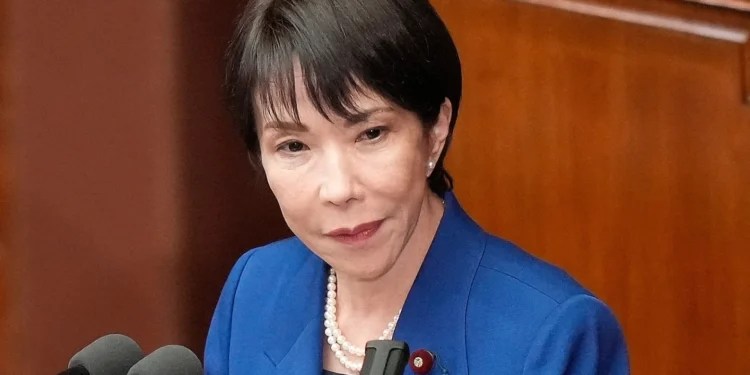The impermanence of youthfulness always makes a case on the need to be shrewd and diligent to actively prepare for the days when the sun goes down on one’s life – confined by the weakening sight, fragile knees and lost strength.
At this stage, the essence of one’s life is weighed on the scale of activities undertaken to secure a future in ‘immobility’. Here also, it’s either the retired worker is jeered or cheered for living a good life to merit such life of comfort or discomfort.
Most importantly, life in pension is meant to be enjoyed with old friends, recounting among them tales that brought back memories, and not a stage to work even harder than one did in his prime, vibrant days.
It can be quite a sorry sight to see an octogenarian trying to make ends meet on the street being weighed down further by a heavy load saddled to his back, making one question what happened in his hey days.
This pathetic scene is what workers in the country are fighting against with the sheer strength they can gather today.
For the umpteenth time, the Ghana Medical Association (GMA) has called upon the government to prioritize the improvement of its members’ conditions of service to align with their job requirements.
The Association has requested the government to ensure their well-being and security both during and after active service.
Speaking at the 65th General meeting of the Association, GMA President, Dr Frank Serebour, emphasized the need to protect Association members from workplace hazards and provide compensation for such incidents.
“Our pensions must be secured after we have sacrificed our bodies, minds, and souls in our service. We require adequate logistics and an enabling environment to maintain our mental and physical well-being so that we can effectively care for the population. Retirement on a full salary is not an unreasonable demand. The vehicle importation tax waiver for health workers should be reinstated immediately.”
Dr Frank Serebour
In 1965, Parliament passed the Social Security Act, 1965, Act 279 to establish a social security fund to provide for contributors, benefits under Superannuation, Invalidity, Survivors, among others. This fund would be the first true social security scheme for all workers.
The retirement age was 60 for men and 55 for women. However, the Social Security Decree of 1972 reduced it to 55 for men and 50 for women.
Then, in 1972, the new government, the National Redemption Council (NRC) passed the NRCD 127 to establish a body corporate, i.e. the Social Security and National Insurance Trust (SSNIT) to administer the Fund. SSNIT had an organizational structure with a tripartite Board of Directors representing government, employers and workers.
Paying the price in providing healthcare
The healthcare sector like most governmental institutions has endlessly cried and belted out its frustration over the need for government to be more intentional and committed to its members who put their lives on the line to sustain lives.

The GMA quite frankly has over the years fought for better conditions of service. The severity of their pleas can be seen in the pockets of demonstrations and strikes hospitals have had to endure, and patients who require emergency treatment have had to deal with the worst fate under such circumstance.
For the association, it reckons it “should not be made to pay the ultimate price of losing our lives and homes” in its quest to care for the vulnerable. Indeed, someone must care for the health worker.
The days of martyrdom for them are over and they are hellbent on getting the reward on earth and not heaven.
Another crucial part of the GMA demands which pervades in all other sectors has to do with salaries.
From days of COLA with the Trade Union Congress, this is certainly not the first rodeo for government and the Fair Wages and Salaries Commission must bring finality to the matter by pushing for an increase in their salaries, as it has been overdue.
Ghana cannot suffer the same recurring fate of postponing a deserving need of such essential sector. Yes, the healthcare providers can undertake all the strike and demonstrations it wants but the horse (government) cannot be forced to drink the water of compliance.
The only option left for such workers is to seek better opportunities elsewhere with better conditions of service and Ghana at this juncture cannot afford anymore attritions particularly within the health space.
What government must know is that what they are asking for is not an impossibility and must be treated with the due urgency it deserves. The state must not wait for January 1 timeline given by the healthcare sector to act, because being proactive in such matters is the lifeline a patient needs to make it.
READ ALSO: Gov’t Path To Borrowing, A Hindrance To Transitioning From Taxation























